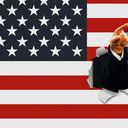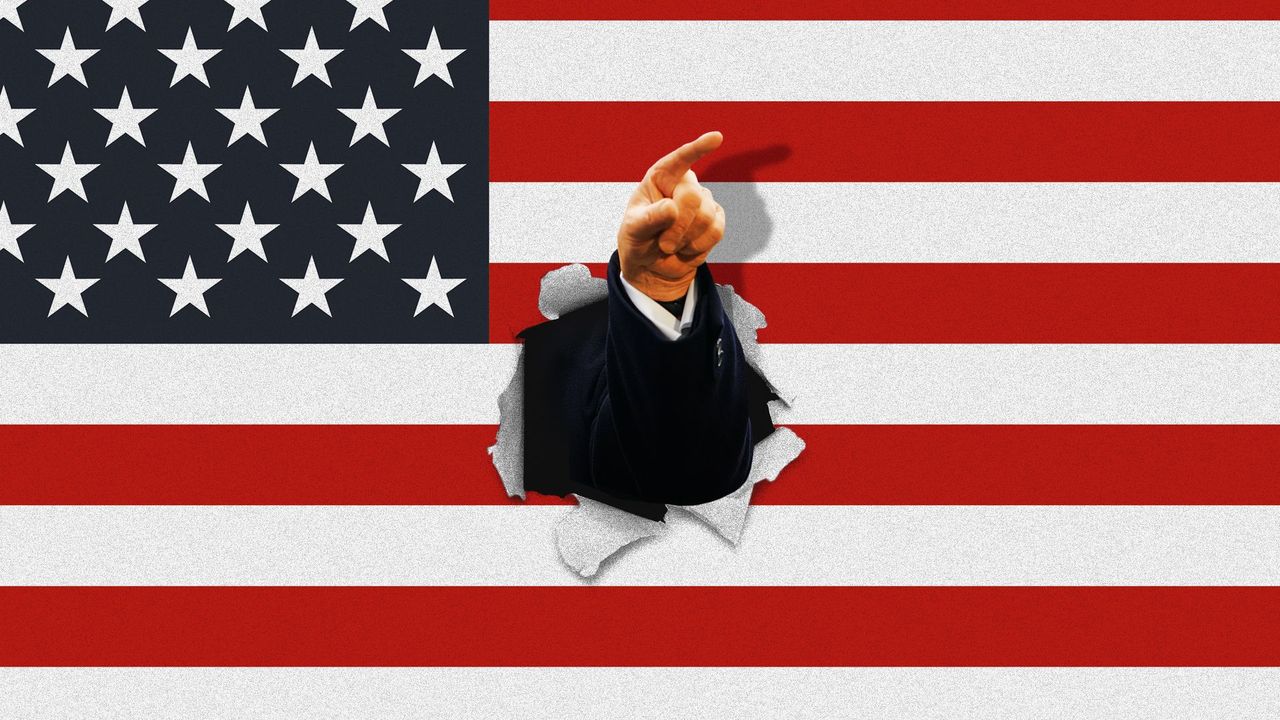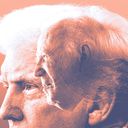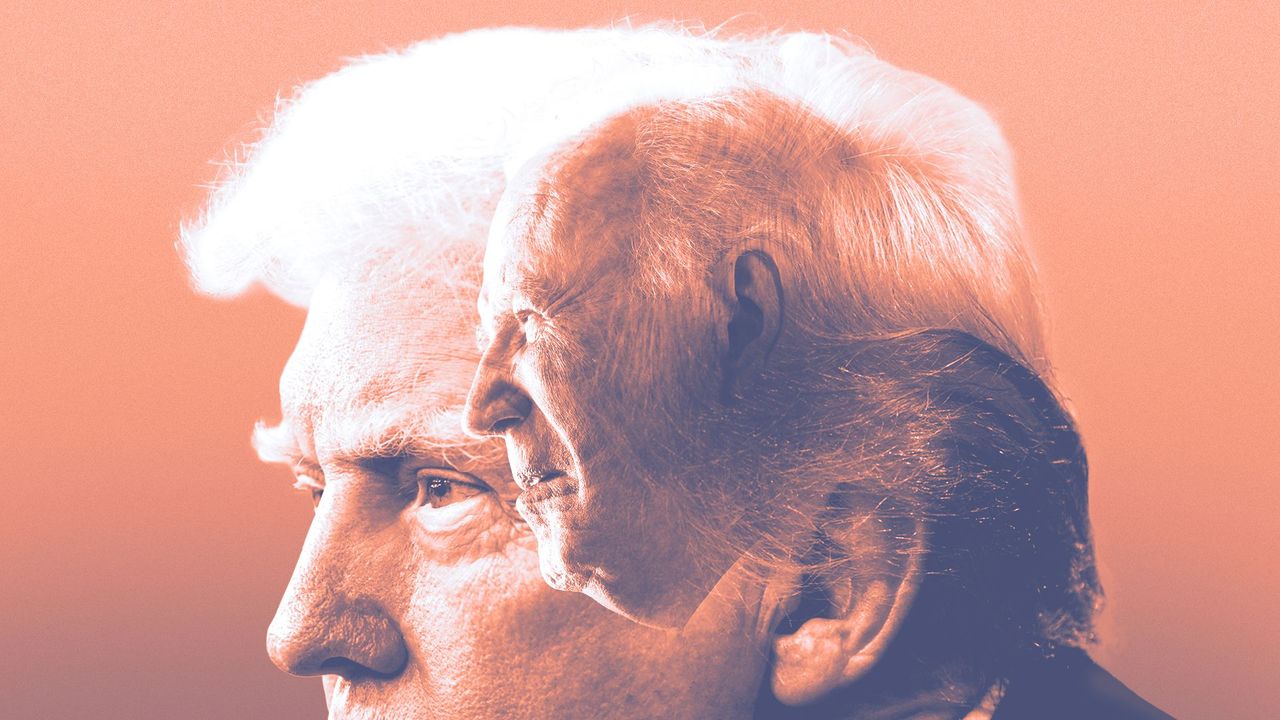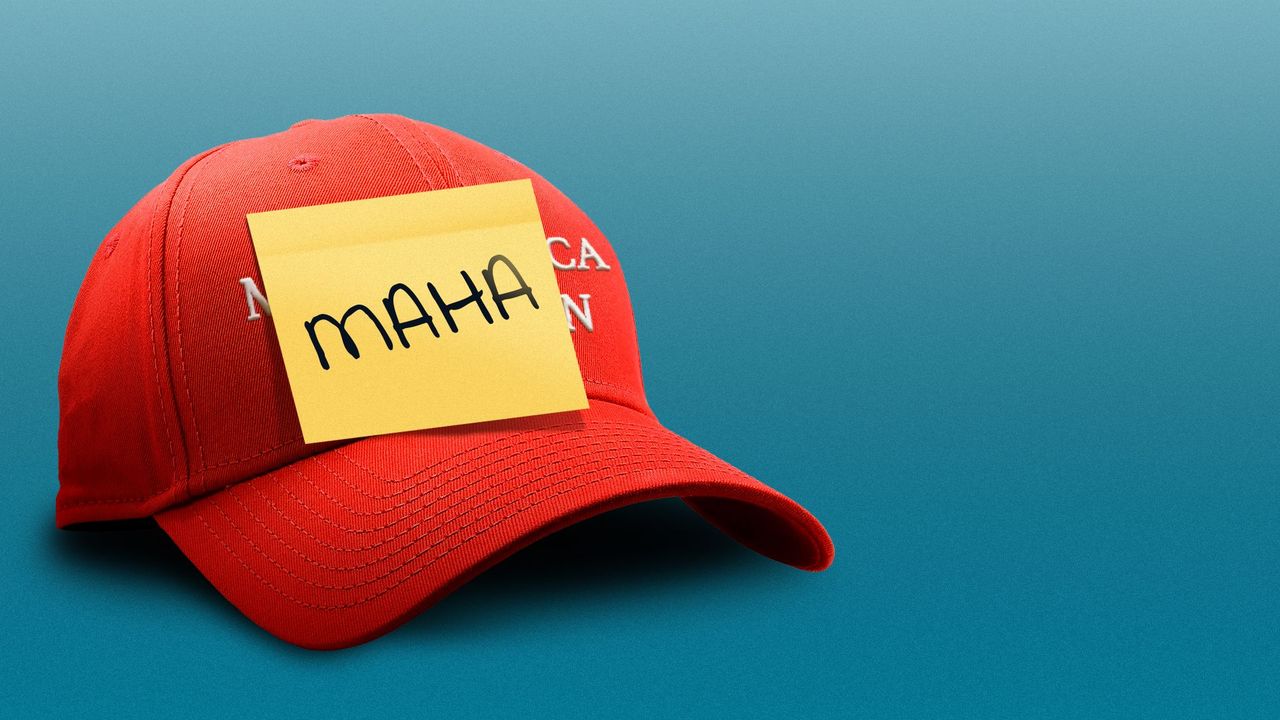Trump got what he wanted with the Canada and Mexico tariff pauses — even if he didn't get that much
Jeff Swensen/Getty Images; BI
- Canada and Mexico have secured a 30-day reprieve on tariffs from US President Donald Trump.
- In exchange for a tariff pause, Canada and Mexico agreed to boost border security and curb illegal activities.
- A 10% tariff on Chinese goods was not delayed, prompting China to slap retaliatory tariffs on the US.
US President Donald Trump has just shown the world how the Art of the Deal works.
In a matter of days, Trump threatened three key partners — China, Canada, and Mexico — with tariffs over illegal immigration and fentanyl. The threats paid off for the short term: He got a temporary deal with Canada and Mexico.
"President Trump has started his second term with his tariff guns blazing, and so far it has worked extremely well in achieving his policy goals," Rajiv Biswas, the CEO of Asia-Pacific Economics, a Singapore-based research firm, told Business Insider.
On Saturday, Trump, using the International Emergency Economic Powers Act, imposed a 25% tariff on most goods from Canada and Mexico.
The tariffs were initially set to take effect on Tuesday. But after an early morning stock market downturn on Monday, talks with Canada and Mexico resulted in a 30-day tariff delay.
In exchange for the pause, Mexico agreed to deploy 10,000 National Guard troops to its northern border to curb illegal activities. Canada agreed to a set of initiatives targeting drug trafficking, money laundering, and border security.
"Mexico and Canada have immediately capitulated to the threat of US tariffs and agreed to enforce tougher border security measures, which is what President Trump had clearly requested them to do weeks ago, even prior to his inauguration," Biswas said.
The US is trading off, too
While Trump's deals with Canada and Mexico may have been swift, the tradeoff is ill will toward the US in both countries and uncertainty in the international trade order.
"The trade rules are valuable because they create a predictability and certainty for countries and for companies that do business in North America and in the world," said Edward Alden, a senior fellow at the Council on Foreign Relations. "And to mess with those rules for no good reason is truly irresponsible."
"He has no evidence to show he is able to use tariffs to achieve significant concessions, economic or otherwise," he added.
Some experts said the agreements could have been achieved without threatening tariffs.
"Using the issues around fentanyl and illegal immigration to justify a trade war is somewhat bizarre," said Romel Mostafa, an assistant professor in economics and public policy at the Ivey Business School in Ontario. "It seems like we put the cart before the horse here, which is we basically went into this tariff imposition and counter-tariffs and then came to the discussion table."
Alden said the agreements are "not in the slightest" a significant concession because the Mexican government has long had an interest in cracking down fentanyl smuggling and better controlling its border. As for Canada, he pointed to data from the US Customs and Border Protection showing that the northern neighbor accounts for just 0.2% of US border fentanyl seizures.
"The bigger question is whether potentially we could come back again a month later and there could be other demands coming in," Mostafa said of Trump's actions.
China retaliates
While Canada and Mexico have secured brief reprieves from Trump's tariffs, China hasn't. Blanket tariffs of 10% on Chinese goods took effect at 12:01 a.m. ET on Tuesday.
China hit back swiftly, announcing tariffs on a range of US goods, including coal, liquefied natural gas, crude oil, and agricultural machinery.
"The US's unilateral imposition of tariffs seriously violates the rules of the World Trade Organization," China's Finance Ministry said in its tariffs announcement. "It is not only unhelpful in solving its own problems, but also undermines the normal economic and trade cooperation between China and the US."
China has said fentanyl is the US' own problem and that Beijing would challenge the tariffs at the World Trade Organization.
"The US needs to view and solve its own fentanyl issue in an objective and rational way instead of threatening other countries with arbitrary tariff hikes," a Chinese foreign ministry spokesperson said on Sunday.
Trump is taking the same brinkmanship approach to China, said Alex Capri, an international trade specialist and a senior lecturer at the National University of Singapore's business school.
"Trump will take the same approach to China and I think Beijing will, in fact, welcome this transactional way of doing business," Capri said.
:max_bytes(150000):strip_icc():format(jpeg)/Passengers-Armrests-Airplane-041924-4-26e4e76dcd1747d6a5442a61c960b6df.jpg)
:max_bytes(150000):strip_icc():format(jpeg)/Stuffie-from-bridesmaid-dress-012625-tout-bc2946aac8824103b91fe751d4fb61a1.jpg)



